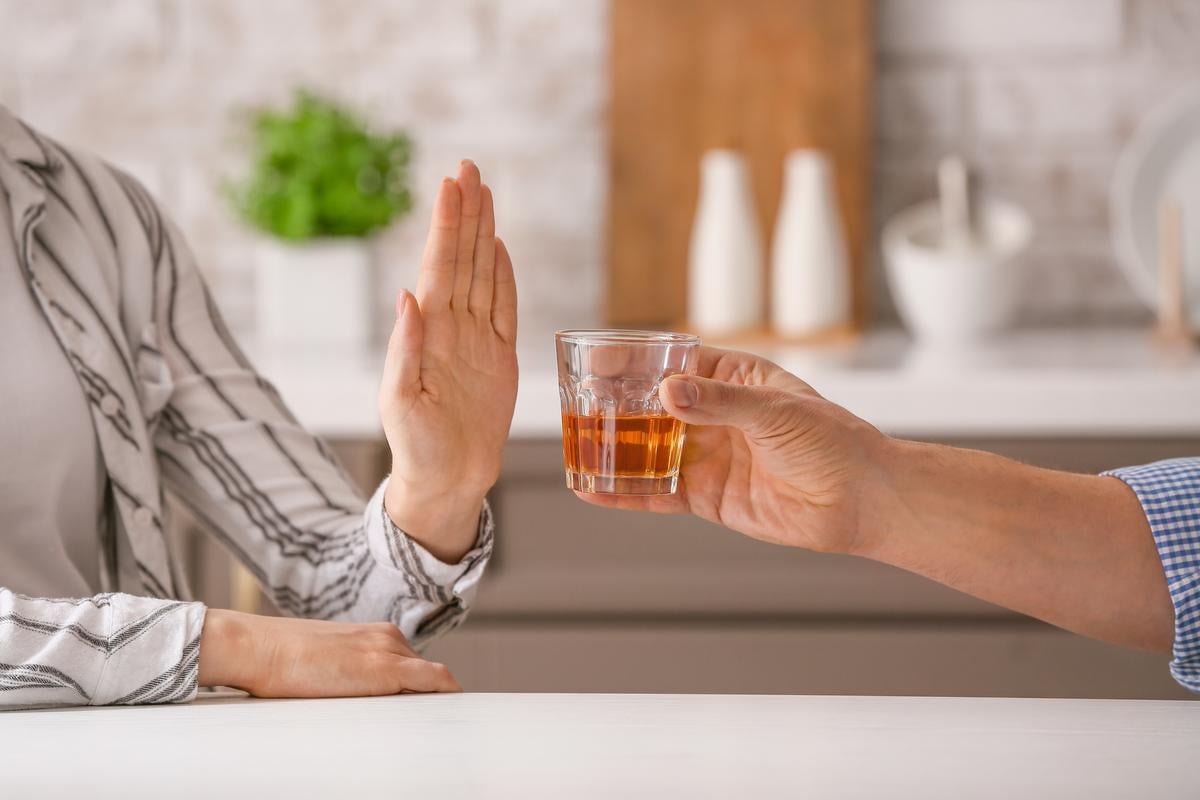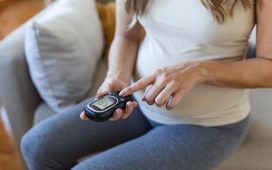Findings seen among individuals enrolled in a telehealth weight management program
By Lori Solomon HealthDay Reporter
TUESDAY, Dec. 3, 2024 (HealthDay News) — Nearly half of participants in a weight loss program who initiated an antiobesity medication and who consumed alcohol at baseline reported decreases in their alcohol use, according to a research letter published online Nov. 26 in JAMA Network Open.
Lisa R. Miller-Matero, Ph.D., from Henry Ford Health in Detroit, and colleagues examined changes in alcohol use among 14,053 individuals enrolled in a telehealth weight management program after initiation of an antiobesity medication (first- or second-generation glucagon-like peptide-1 receptor agonists; January 2022 to August 2023). Most participants (86.2 percent) were prescribed a second-generation medication.
The researchers found that approximately half of participants reported drinking any alcohol at baseline (53.3 percent), and across all participants, 24.2 percent had a decrease in alcohol use. For the 7,491 participants with alcohol use at baseline, 45.3 percent reported decreasing a category of alcohol use, 52.4 percent reported no change, and 2.3 percent reported an increase. Further, among participants who reported alcohol use at baseline, those with a higher class of obesity and those with higher levels of drinking were more likely to lessen their use. Greater decreases in alcohol use were seen among individuals receiving bupropion and naltrexone compared with metformin. However, when controlling for weight loss, this association was no longer significant.
“Future research would benefit from a randomized trial comparing antiobesity medications with a placebo-controlled or nonpharmacological weight management group,” the authors write.
Several authors reported ties to WW International.
Copyright © 2024 HealthDay. All rights reserved.








